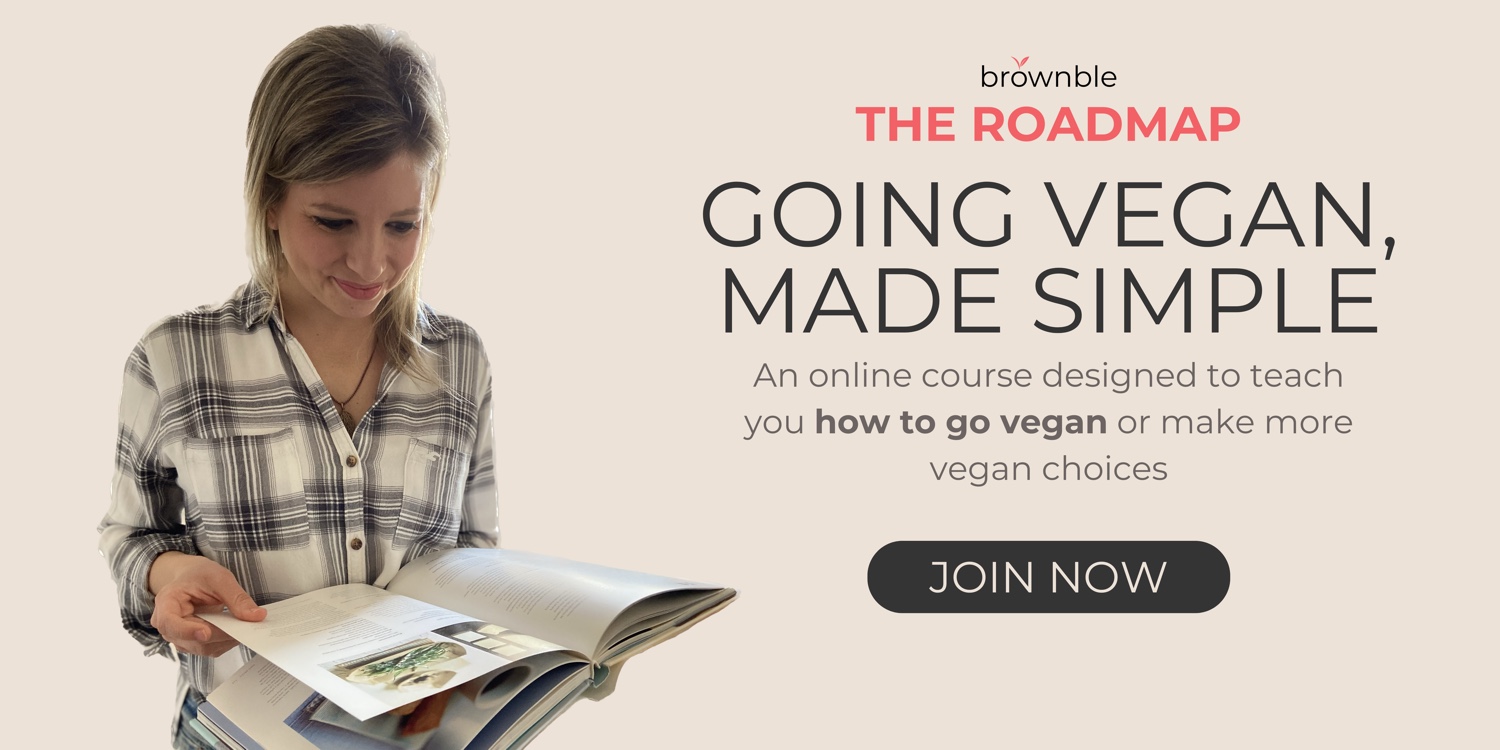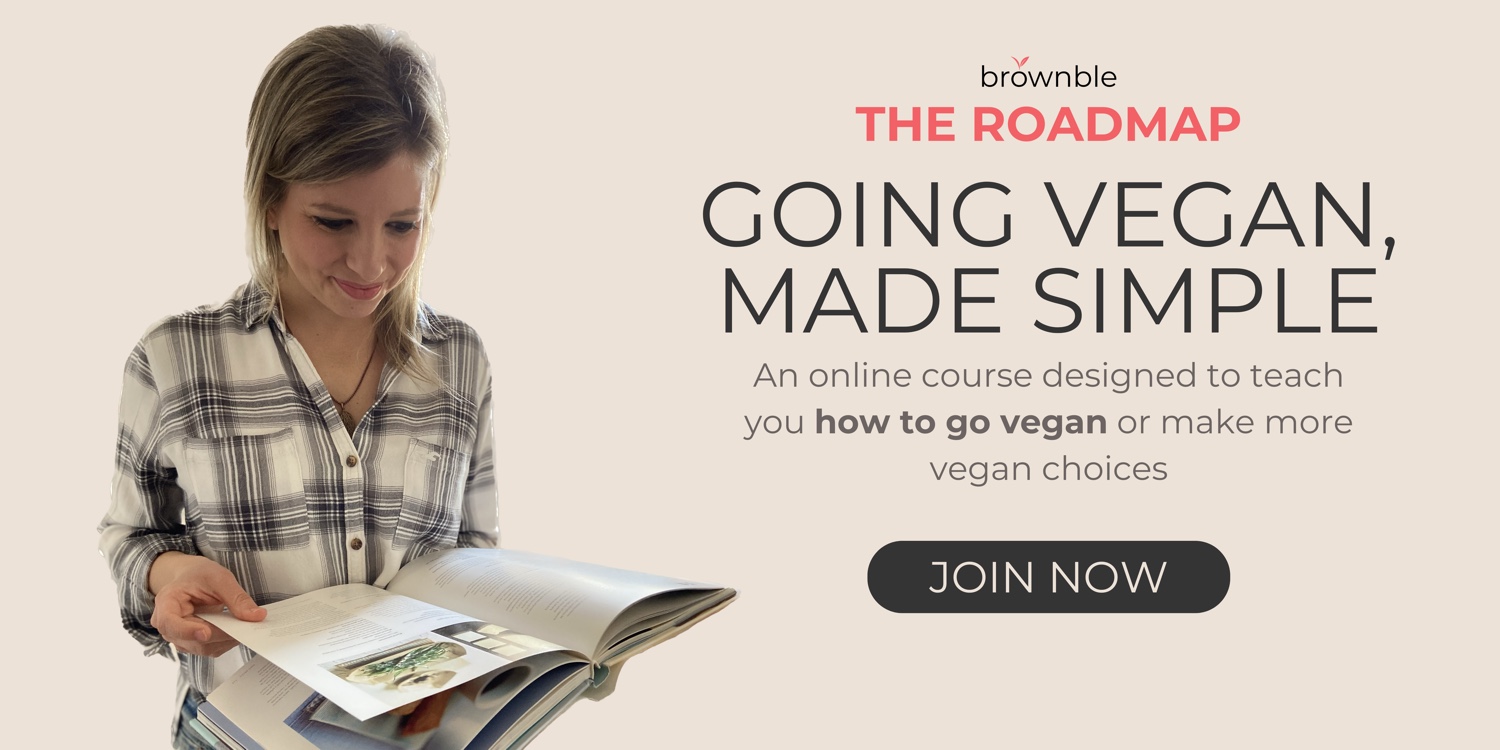
Show Notes:
- Our online course The Roadmap, the ultimate guide that teaches you how to go vegan safely, deliciously, and handle any and every aspect of becoming vegan or when trying to make more vegan choices.
- For our resource library filled with vegan doctor directories, books, videos, documentaries and resources click here.
- Full position paper of the American Dietetics Association on vegan and vegetarian diets.
-
The Vegan for Life Food Guide (previously The Plant Plate) by registered dietitians Virginia Messina and Jack Norris.
-
Virginia Messina's book Vegan for Her and Vegan for Life with co-author Jack Norris. These were my nutrition bibles when going vegan.
-
The website Veganhealth.org by registered dietitian Jack Norris.
-
Taylor Wolfram's Vegan Nutrition online course, her blog and instagram account.
- Registered dietitian nutritionist Amanda Wagner, her instagram Fueling Veggie Athletes, and her website.
- A great article on vegan protein by Taylor Wolfram.
- More information on calcium requirements, calcium supplementation, high calcium sources and examples of how to include them throughout the day here.
- For more information on omega 3s as well as supplementation for vegans read this great article and this one. I also love registered dietitian Taylor Wolfram's article on omega 3s, which you can read here.
- Vitamin B12 supplementation chart by registered dietitian nutritionist Jack Norris.
- Our free breakfast and brunch course and the many recipes you’ll find within our Youtube channel and online membership program and cooking classes.
In today's post and podcast episode, part 1 of a two part series, I’ll be talking about some of those frequently asked vegan questions we get, and the tips and resources that have helped so many of you and that helped me on my journey into veganism. Our answers to these will not only help you on your journey, but they might help you be able to answer the many questions you’ll get as you share with people that you’ve embarked upon this change.
Today we'll cover the first 9 questions with everything from “”what do vegans eat?” “where do vegans get protein and other nutrients?”, "are vegan meats safe to eat?", “how to build a healthy and balanced vegan meal”, “why don’t vegans eat dairy and eggs?”, questions related to calcium, omega 3s, iron and vitamin B12. We talk about whether or not a vegan diet is difficult to maintain, and more. In some I'll give you a brief rundown, and in others, I'll also be linking to videos, other posts and resources that tackle these topics in depth. That way you can find the question you've been wondering about the most, and get all the information you need.
With topics related to nutrition or medical concerns, although all of the information I’m providing has been supported by our in house doctor Brownble’s co-founder, I'll be sure to guide you to my favorite, qualified, plant-based doctors and nutritionists and their resources for an in-depth look.
The topics that we’ll be talking about today are only a glimpse into what we cover in our online course The Roadmap, the ultimate guide that teaches you how to go vegan safely, deliciously, and handle any and every aspect of becoming vegan or when trying to make more vegan choices.
You can check out The Roadmap here and take a look at everything that’s included in case you feel you need extra support after reading this post.
Are you ready? Here are our answers to common questions vegans get asked or might have themselves:
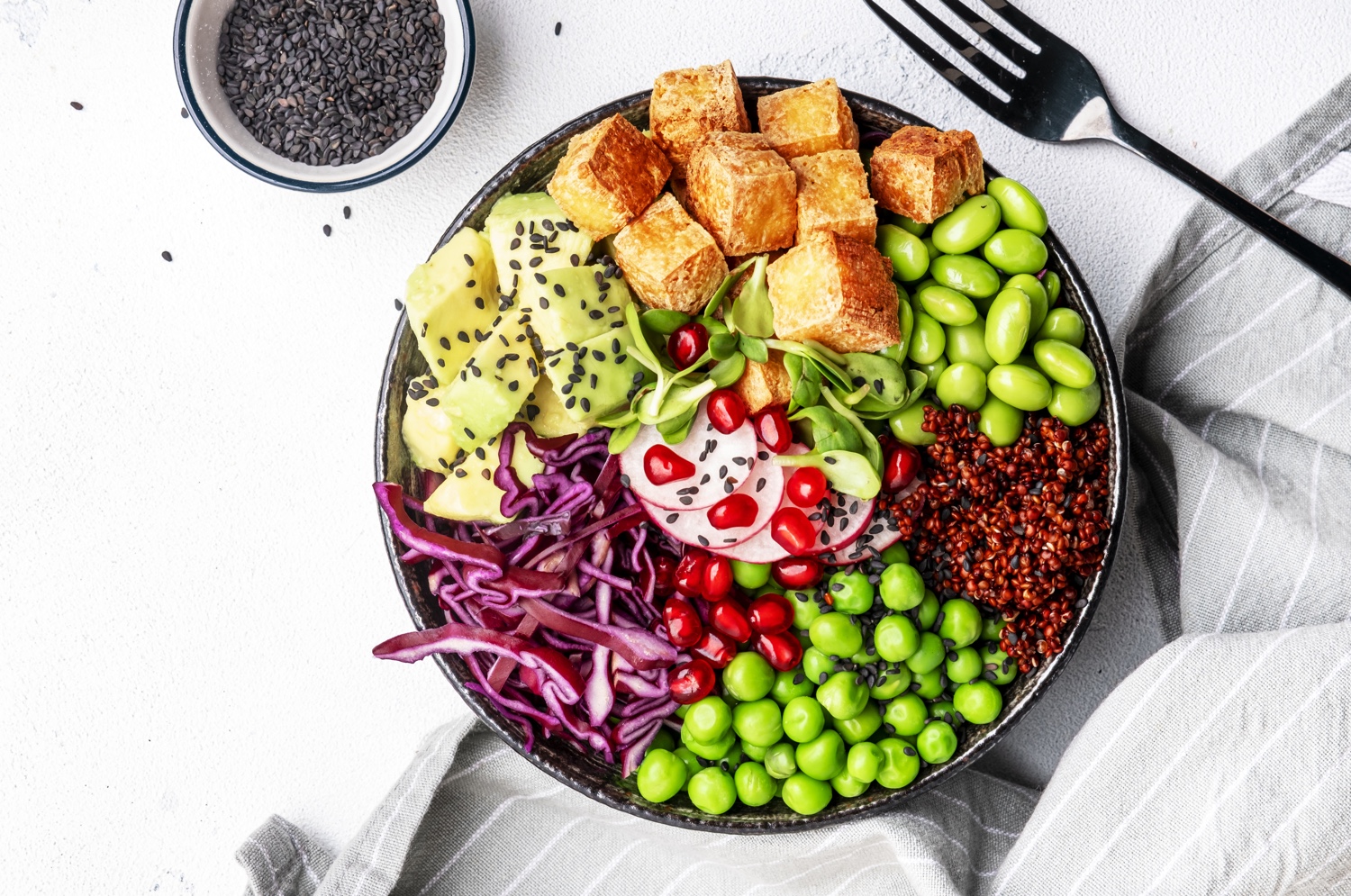
What do vegans eat?
The short answer: vegans eat everything except animal products or foods containing animal products, i.e. we exclude meat (this includes meat from cows, pigs, chickens, lambs, turkeys, etc), fish and other seafood, dairy, eggs and honey.
Vegans eat the hundreds of different varieties of vegetables, fruits, nuts, seeds, mushrooms, legumes, grains, and all the wonderful plant based alternatives to old time favorites, opting for the vegan version of these products (i.e. oat or almond milk instead of cow's milk, non-dairy butter instead of dairy based butter, vegan alternatives to meats and cheeses, etc.).
The long answer: we eat burgers, lasagna, sushi, pasta, veggie bowls, pizza, cakes, salads, cupcakes, pies, pancakes, barbecues, delicious roasts, sandwiches, burritos, tacos, Indian food, Italian food, Ethiopian food, Chinese food, Japanese food, any favorite you used to love as a meat-eater, but made with plant-based ingredients instead of meat or dairy-based ingredients.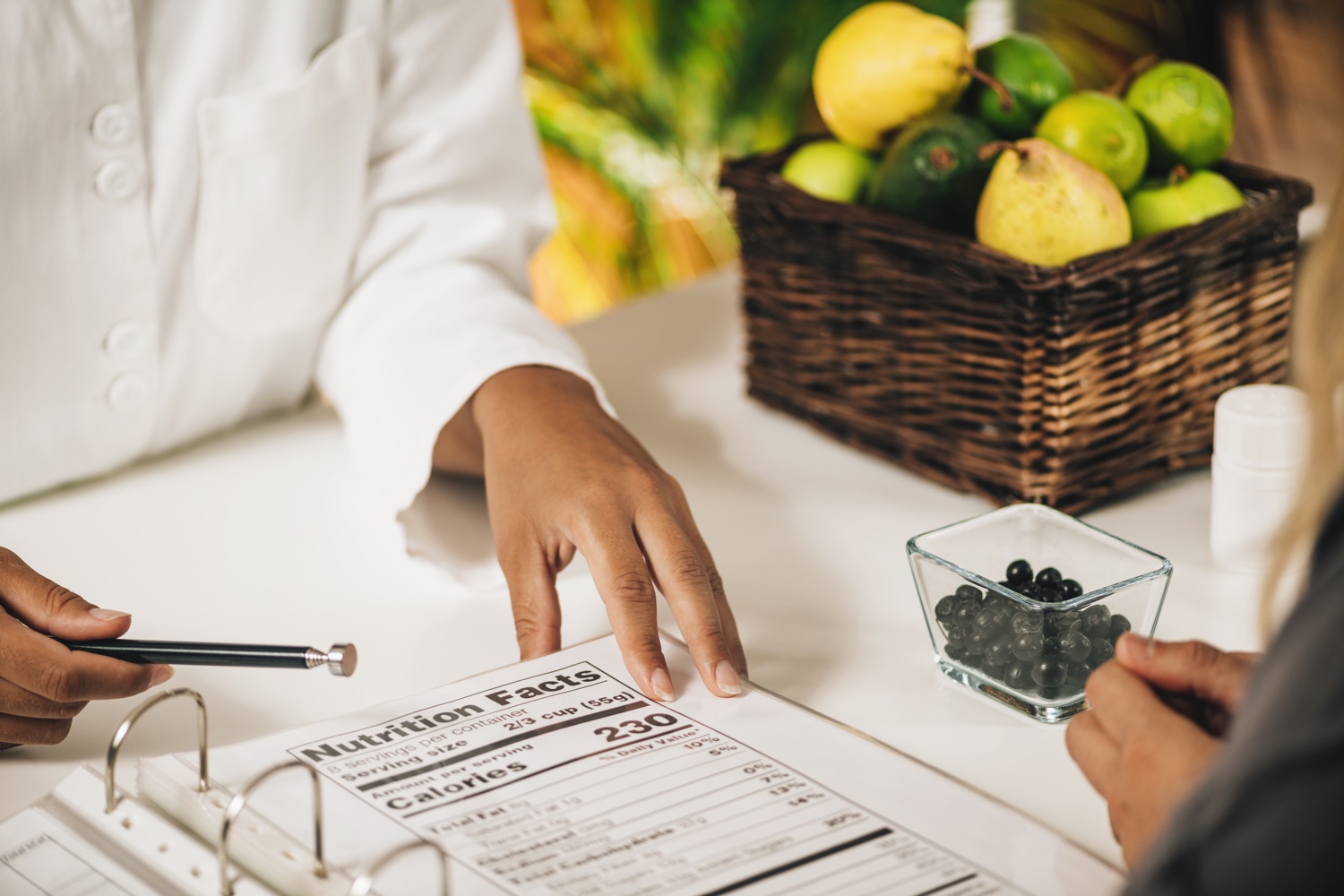
Is a vegan diet healthy and complete nutritionally speaking?
Here's the short answer: It depends on what you eat.
We tend to think that a meat-based diet is healthy and balanced simply because the majority of people eat this way. We think people are alive and thriving and that that makes it the "complete and healthy way to eat". Health, depends on so many factors, including but not limited to: genetics, lifestyle habits like smoking, consumption of alcohol, whether you engage in a form of physical exercise or have an active lifestyle, rest and sleep, stress management, and of course, all the social determinants of health such as having access to quality healthcare, access to food, time in your schedule to prepare meals and so many others.
When it comes to your dietary choices, here's the long answer: no diet, neither meat-based nor plant-based is healthy and complete nutritionally speaking "just because". It can be, provided that you eat and plan your meals making sure to reach your nutrient needs (which also vary from person to person).
So a better question to ask is this: Can a vegan diet or plant based diet provide me with all the nutrients I need in order to be healthy?
According to the American Dietetics Association:
"Appropriately planned vegetarian diets, including total vegetarian or vegan diets, are healthful, nutritionally adequate, and may provide health benefits in the prevention and treatment of certain diseases. Well-planned vegetarian diets are appropriate for individuals during all stages of the life cycle, including pregnancy, lactation, infancy, childhood, and adolescence, and for athletes."
You can read the full position paper of the American Dietetics Association on vegan and vegetarian diets here.
Note the words "appropriately planned". As humans, especially in today's day and age, we love the idea of something perfect. A little magic switch we flip and suddenly all our food and eating problems are solved for good. I'd love to be at the front lines of putting an end to this magical way of thinking, and instead inspire you to take the reigns of your own way of eating, placing some attention on it as we learn the basics (without excessive worry or obsession), and learning a new approach which will soon become second nature.
Any diet we eat should include knowledge about what we need and how to include it.
Once you learn the basics, eating vegan isn't just sufficient, it can be incredibly health supportive, and it's actually quite simple once you find your sweet spot and learn the basics.
Must read books, resources and articles on complete nutrition for vegans
To learn how to build a balanced vegan diet and how to meet your nutrient needs as a vegan, I love the work of registered dietitians Virginia Messina and Jack Norris and their Vegan for Life Food Guide (previously The Plant Plate). As well as Virginia Messina's book Vegan for Her (specially written for all the stages of a woman's life), and Vegan for Life (for both men and women) with co-author Jack Norris. These were my nutrition bibles when going vegan.
The website Veganhealth.org by registered dietitian Jack Norris offers great charts and up to date information on vegans' daily nutrient needs, what supplements to take as a vegan and much more.
Another resource I'd love to recommend is Taylor Wolfram's Vegan Nutrition online course, which includes an easy and practical way to learn about vegan nutrition without obsession or restriction. Her blog also has hundreds of great articles on how to get nutrients such as calcium, iron, omega 3's, iodine, protein and more, and she also has an instagram accounts full of helpful daily tips on plant based nutrition and health.
If you are an athlete and also planning to go vegan, I’d also love to recommend the work of registered dietitian nutritionist Amanda Wagner who you might know on Instagram as Fueling Veggie Athletes, and through her website. She offers great information on plant based nutrition in general, but also plant based nutrition for athletes and offers one to one counseling and many other services.
Any of these resources will be a great guide to ensure you meet nutrient needs as a vegan, and supplement when needed (and always supplementing vitamin B12, a must for vegans).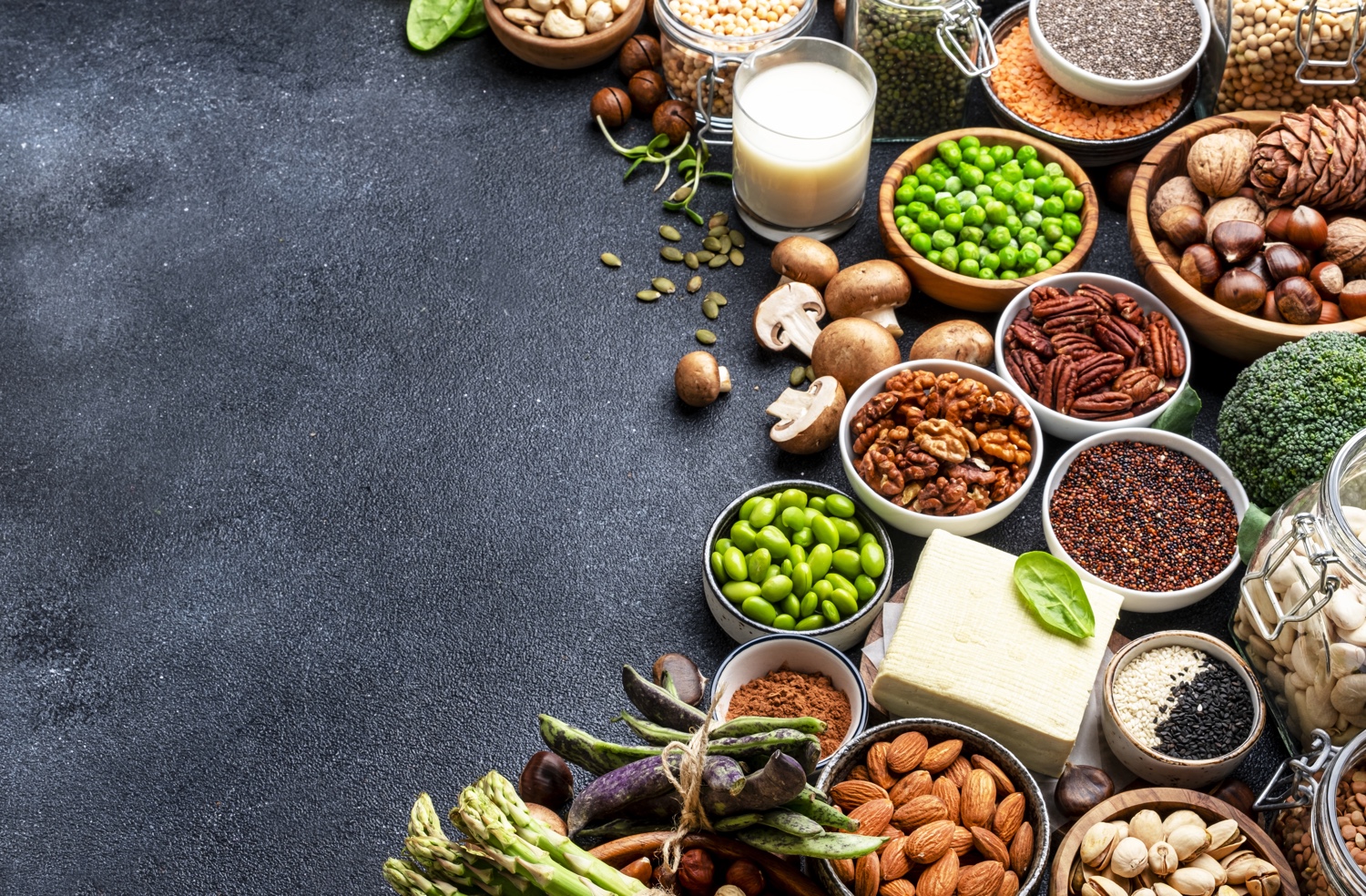
Vegan protein sources: How to get vegan protein, or, where do vegans get their protein?
First let's break protein down a little bit.
Protein is a macronutrient that is made up of 20 different aminoacids, 9 of which are called essential aminoacids, which means we need to get them from the food we eat since our bodies can't produce them on their own.
All essential aminoacids can be found in plant foods, but of course, certain vegan sources of protein are higher than others, and contain a greater variety of these aminoacids.
To put it in very simplistic terms, our bodies will combine the aminoacids we take in through food, and build protein like little legos. Protein isn't this one big magical thing that animal products provide. Our bodies are biochemical ninjas that will take aminoacids and make the protein that we need. It doesn't differenciate whether these aminoacids came from a pig or a black bean, provided we get enough of them.
By eating a vegan diet, and learning what the largest sources of plant-based protein are, not only can we give our bodies what they need to thrive, but we're skipping the saturated fat, cholesterol, growth hormones, antibiotics, etc., that are so prevalent in meat-based sources of protein.
You don't need to obsess over counting the grams you take in, just make sure you're eating plenty of these protein rich foods throughout the day.
What are the best sources of protein for vegans?
Sources that are high in the amino acid Lysine which can be scarce in other plant foods, and that means: Legumes!
Opting for 3+ servings of legumes per day in the form of:
- Beans
- Lentils
- Soy milk
- Peanuts and/or peanut butter
- Peas
- Tofu or tempeh
- Soy, pea or other legume based vegan meats
For specifics when it comes what a serving size looks like, the importance of eating enough calories (so that protein is used for tissue repair and other important functions instead of energy needs), and how much protein is needed, I love this article by Taylor Wolfram on the basics of understanding how to get enough protein as a vegetarian or vegan.
What about all the other nutrients? What are vegan sources of calcium, iron and omega 3s which we typically associate with animal products?
Just as there are plant-based sources of protein, there are vegan sources of calcium, iron, omega 3s, etc.
We've been taught that we need to consume milk, meat and fish for these three, but here's something I didn't know before I went vegan. The reason why these animals are sources of these nutrients is because they got them from... wait for it... plants!
The animals we eat are sources of these nutrients because they were once living bodies that ate foods that provided them. We can skip the middle-animal and go straight to the good stuff, while again skipping the hormones, antibiotics, saturated fat and cholesterol, not to mention the strain on environmental resources and harm done to animals.
Just because there are great sources of these nutrients in vegan foods, doesn't automatically mean we're getting enough of them. It's important to be intentional and make space in our meals for these high calcium, high omega 3, or high iron sources within a vegan diet.
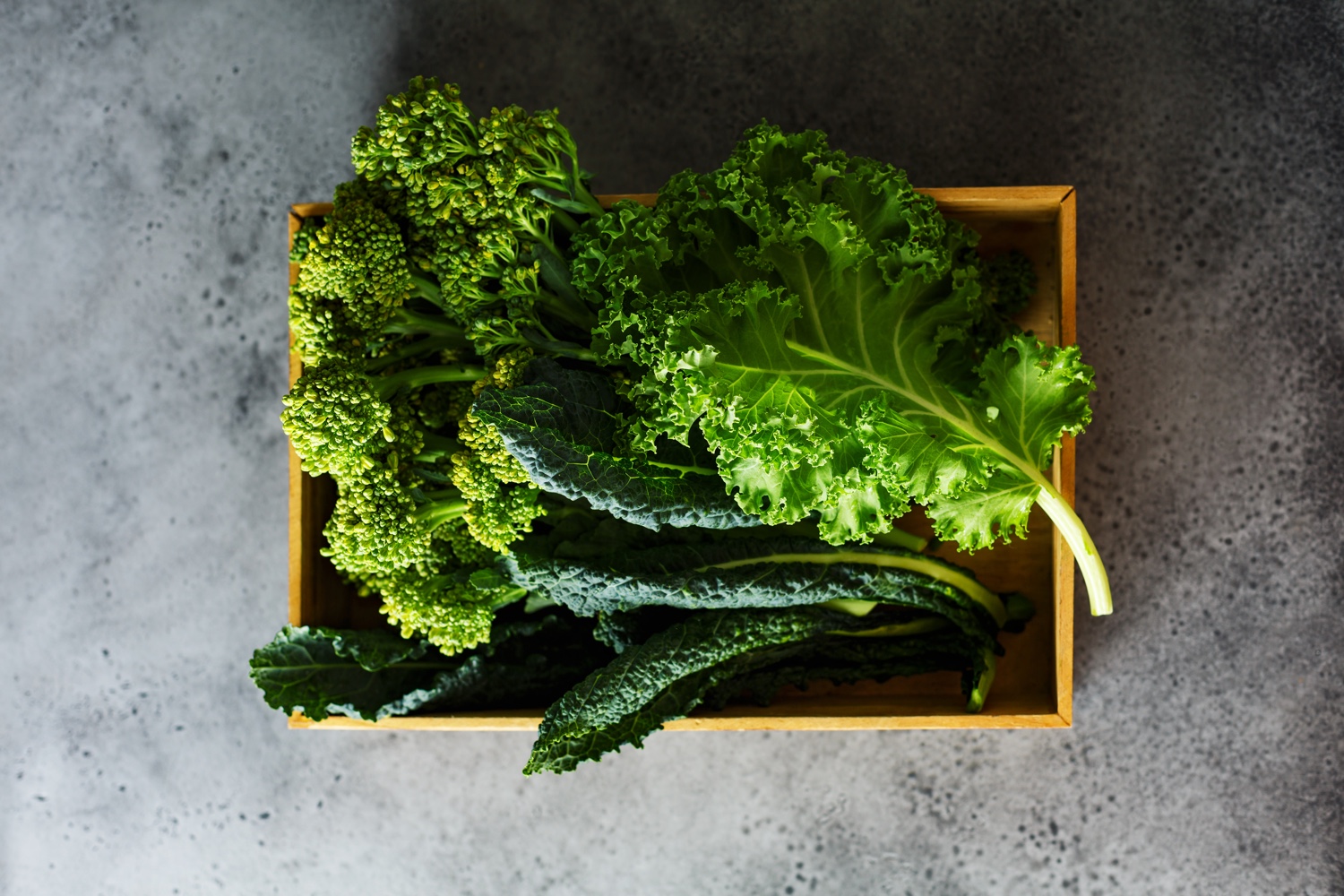
Great plant-based food sources of calcium are:
- Green leafy vegetables. In particular: kale, collard greens, turnip greens, mustard greens and bok choy. These greens which are also low in oxalates - which can decrease absorption of calcium - are king when it comes to vegan sources of calcium. You can sauté them, serve them in salads, add them to smoothies, soups and more.
- Calcium fortified plant milks or orange juice
- Calcium set tofu (where some form of calcium - like calcium sulfate - is used in the process of making the tofu and is listed within the nutrition label).
Other foods to include that can also add up towards our calcium intake as vegans:
- Tempeh, almonds, almond butter and tahini (sesame seed paste).
- As well as navel oranges, beans, broccoli, brussels sprouts, dried figs and other dried fruit, and smaller amounts in other foods within a vegan diet.
Read more on calcium requirements, calcium supplementation, high calcium sources and examples of how to include them throughout the day here.
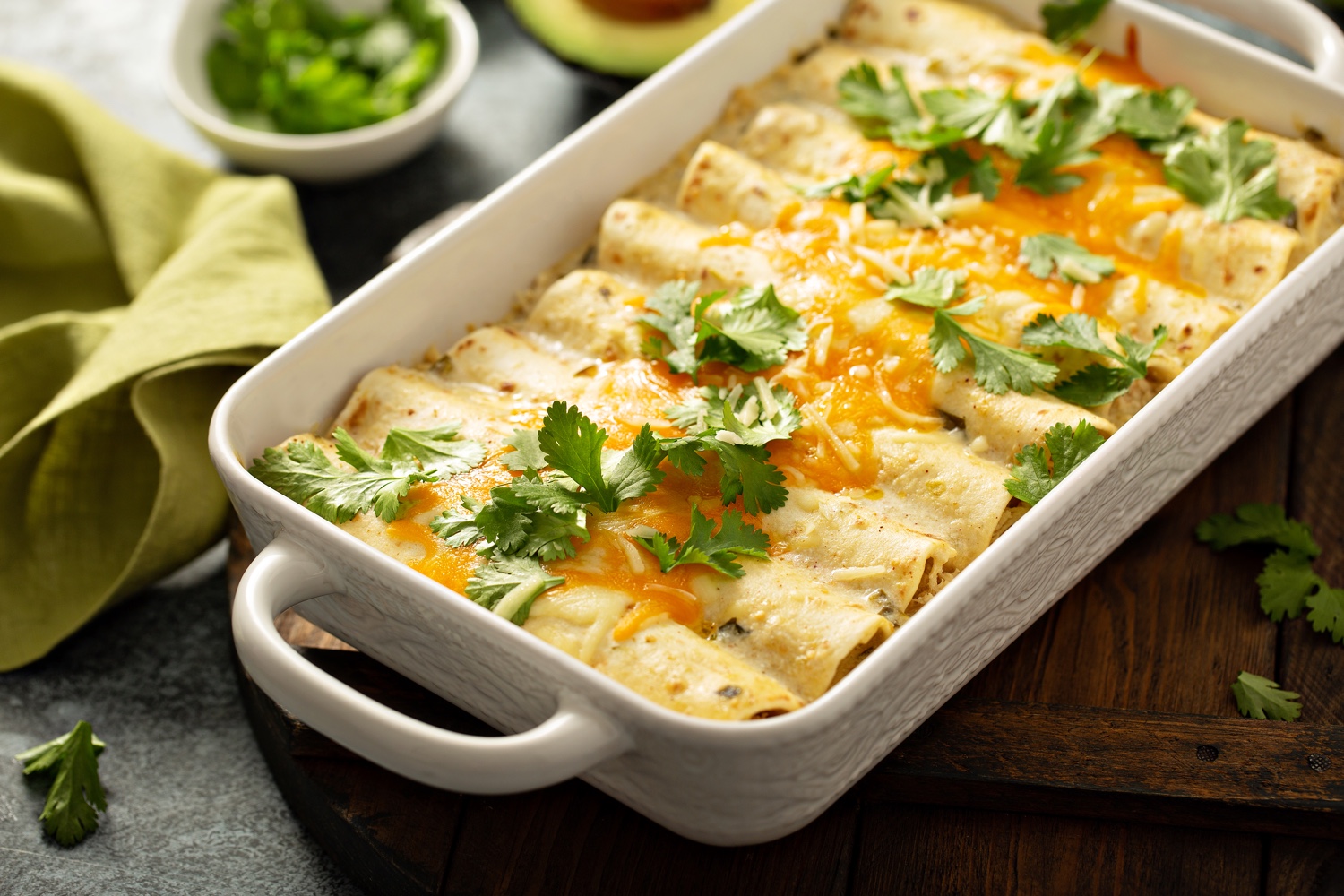
Great plant-based food sources of iron are:
- Beans like kidney beans, chickpeas, white beans, edamame, pinto beans, etc.
- Lentils.
- Tofu and tempeh.
- Green leafy vegetables like spinach and Swiss chard (which aren't the best when it comes to calcium due to their higher oxalate content, which shows you why a variety of different foods is key! They are great when it comes to iron intake as a vegan).
- Fortified cereals and bars.
- Molasses.
- Other foods but in lesser amounts like oatmeal, dried figs, cashews, almonds, pistachios and potatoes.
The iron found in plant foods is called non-heme iron and is plentiful in plant based foods, the issue for vegans lies more in the lower absorption rate of this mineral when compared to the type of iron found in animal foods (heme iron). This doesn't mean however that as a vegan you won't be able to meet your needs of this essential nutrient, there are many things you can do to help increase absorption, when eating vegan foods high in iron:
To increase absorption of non-heme iron (the kind found in plant foods):
- Accompany meals high in iron (like the ones above), with foods high in Vitamin C (aim for enough of these so that you have at least 50 mg of vitamin C (foods like bell peppers (yellow and red), citrus fruits and juices (orange, lemon, grapefruit), kiwi, strawberries and broccoli.
- Avoid taking a calcium supplement with meals that are high in iron.
- Avoid drinking coffee or tea with meals high in iron.
- Cook in cast iron pans.
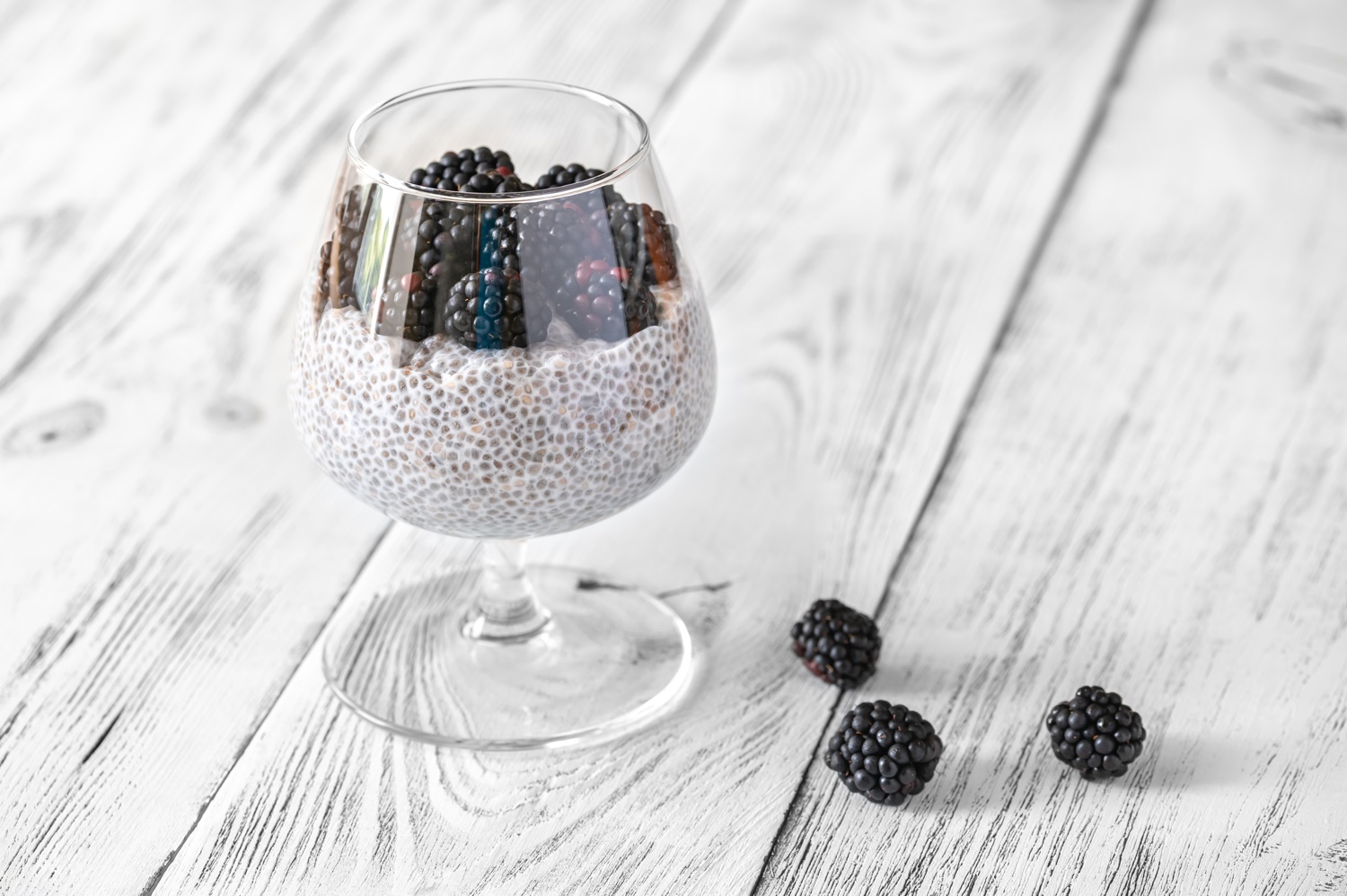
Great plant-based food sources of omega 3s (in the form of ALA which your body can then convert to EPA and DHA are):
- Ground flaxseeds (they must be ground up or you won't be able to digest them properly).
- Chia seeds.
- Hemp seeds.
- Walnuts.
- Flaxseed oil (don't use it in cooking as it's a very heat sensitive oil).
- Canola oil
- Soy oil
- Supplement when needed, or as extra insurance, with a vegan EPA and DHA algae based supplement.
Why EPA and DHA? This is actually what we talk about when we talk about our need for omega 3s. Our bodies absorb the fatty acid ALA (Alpha Linoleic Acid) from foods (like the ones I just mentioned) and then transforms it into EPA and DHA which are basically super cool brain food superheroes! For more on this nutrient as well as supplementation for vegans read this great article and this one. I also love registered dietitian Taylor Wolfram's article on omega 3s, how much we need, some of the cool science behind it and more, which you can read here.
There are many other nutrients that are important for vegans (and non vegans) to take into account, including iodine, choline, vitamin D, vitamin A, zinc, vitamin B12 (a must for vegans to supplement or make sure to include enough fortified foods), all of these nutrients are important for good health which is why it's so important to learn a bit about plant sources to ensure you're meeting all your nutrient needs, getting regular blood work done, and supplementing when needed under the care of your physician and/or registered dietitian nutritionist.
I understand why vegans don't eat meat, but why don't vegans eat dairy or eggs?
For some, especially when looking at the why of veganism from an ethical standpoint, i.e. not wanting to hurt animals, not eating meat is easy to understand since it's the body of an animal, but eggs and milk are a bit harder to grasp, as they are considered simple by-products and thought to be something the animals just "produce" and have no need for.
Vegans choose to not eat dairy or eggs for a number of reasons.
For the fact that it is better for the environment (less resources are used and less waste is produced in plant agriculture when compared to animal agriculture), and for the fact that these products are part of what to me are two of the cruelest parts of our animal agriculture system: the egg and dairy industries.
They aren't just simple by-products, and the animals that produce these foods, often receive just as horrible treatment and live in terrible conditions, just as what we've seen happen to animals raised for meat.
There is animal abuse in all the steps of the chain, from the way egg-laying hens are bred to make them produce many more eggs than would naturally be the case, producing many different health problems for these animals, to the transport of the animals which is often exempt from animal welfare regulations, the treatment of them in dairy farms and egg-laying facilities, to procedures done without anaesthesia, and of course the process will always involve the eventual slaughter of the animal, when it can no longer produce milk or eggs.
In the case of dairy cows, the problem goes even deeper since cows need to be pregnant in order to lactate (just like us!), this means in order to take their milk we must separate the calves from their mothers. The calves are then killed for meat as part of the veal industry.
This sadly just scratches the surface. To explain this issue in greater detail, and with as much sensitivity as you know I love to do, I’ll soon be posting an updated version of our Why Vegan Series of Podcast Episodes, where we’ll tackle the health benefits of a vegan diet, veganism and the environment, the animals and more, with a specific episode on eggs and dairy.
If you're wondering about free-range and grass-fed animals, or animals raised in smaller farms, keep reading since we discuss this below!

Isn't eating and being vegan too extreme or radical?
I LOVE getting this question. I love it because I understand it. I understand it because I thought this for years. I could see how ethical and admirable this choice was, but I thought it was only for a special elite of strict yogic hippies that didn't love meat the way I did. I felt it was too extreme and even unnecessary. So yes, I get it.
Here's what happened. I did my research and decided to go vegan because I realized a few things:
1) It isn't radical or extreme to eat the fruits, vegetables, grains, nuts, seeds and legumes that healthy populations around the world have been eating for centuries. We can get our nutrients from them instead of animals, and help support our health and even aid in the prevention of certain diseases or lower our risk along the way.
2) What we're doing to animals in our agriculture system is beyond what you could imagine in your greatest nightmares. All for our desire to eat certain foods and satisfy a craving for a food that we don't need in order to thrive. All of this felt radical and extreme.
3) It takes such a toll on resources and the environment, due to the fact that we need to feed, hydrate, house, transport and look after these animals, with resources, food and water that could go to those in need. All of this felt radical and extreme to me.
4) We often rely on minorities, immigrants, and people who struggle with financial insecurity to do the jobs most of us wouldn't be able to do, of killing and rendering these animals into food products, in an industry that is stressful, violent, that doesn't offer fair compensation or safety and protection to workers, and that desensitizes them to this violence and suffering. This felt radical and extreme to me.
To me, a vegan diet is the simple substitution of a meat-based ingredient for a plant-based one, to make exactly the same delicious dishes I used to love, only with a kinder, lighter footprint on the Earth. The only reason it could feel radical or extreme right now, is because we're (vegans) still a smaller number of people, but this is changing in leaps and bounds.
Eating delicious veggie burgers, vegan pizza, vegan sushi, vegan pancakes, delicious fruits and veggies, vegan lasagna, delicious vegan bowls with toppings, radical? Not to me. Awesome and trailblazing? Yes! Especially when you notice that veganism isn't about being perfect, it's a change that involves a learning curve, and that like any new thing can be exciting, it can have its challenges but it can also be life-changing.
If you need support on how to go vegan, and make this transition safely, at your own pace, deliciously and while keeping the peace at home, take a look at The Roadmap for more resources and support.
Do I really need to supplement vitamin B12?
Yes! No question about it! If you're fully vegan, you need to supplement vitamin B12 or eat enough foods that are fortified with B12.
Is it because meat is its only source?
Nope! B12 is a bacteria-based vitamin, but it can be found in the gut of animals which is why as vegans, we need to incorporate it through a supplement or supplemented (fortified) foods.
I prefer to take a supplement and have my bases covered since B12 deficiency can be very serious, irreversible and life-threatening, and since I don't eat the same foods every day, a supplement is the easiest way to ensure my intake.
To know just how much and how to supplement, use this great chart by registered dietitian nutritionist Jack Norris.
Some people often ask me if this isn't a sign that a vegan diet is incomplete. To this I always say that one little supplement twice a week, in exchange for all the benefits this diet can bring to your health, the environment and the animals is a very sweet payoff. No diet on this planet is absolutely perfect or without its downsides, but from everything I've read and researched, and especially, from all the scientific research we now have, a well-balanced vegan diet comes pretty close to ideal.

If vegan diets are such a healthy way to eat, why hasn't my doctor recommended it?
I can speak to this from very personal experience since both my husband (Brownble's co-founder and an awesome plant-based doc!) and my father-in-law, not to mention 80% of our friends, are all practicing medical doctors. Many of whom, after thorough interrogation from me (ha!), confessed to have received few hours of training in the field of nutrition, let alone plant-based nutrition. Those who have, have come to it often from their own dietary choices or their patients' specific needs.
They often don't recommend it because they just haven't been exposed to it, and sometimes, when they do know this way of eating could be beneficial, because they think most patients won't be compliant or follow through with such a change in the diet, they'll focus more on disease and medication management as the more direct course of action.
Remember that doctors are humans too! They are also at the end of many of the myths and pre-conceptions many people have about vegan diets and on the importance of meat centered diets. Many doctors I know have had to jump over the hurdle of their own preconceptions, to then learn about the specifics of vegan nutrition and then be able to support patients through the process.
This is changing though! More and more doctors these days are becoming aware of the effect our food has on our health and resources and are beginning to include this as part of treatment and prevention, or are at least able to support you if you're interested in making this change for ethical reasons.
In the resource library I'm linking to here and at the end of this post, you'll find fantastic plant-based doctor directories where you can search for physicians who are well-versed in these issues, as well as plant-based nutritionists who can help you with any specific issues or conditions you might be struggling with, or simply support you on your journey.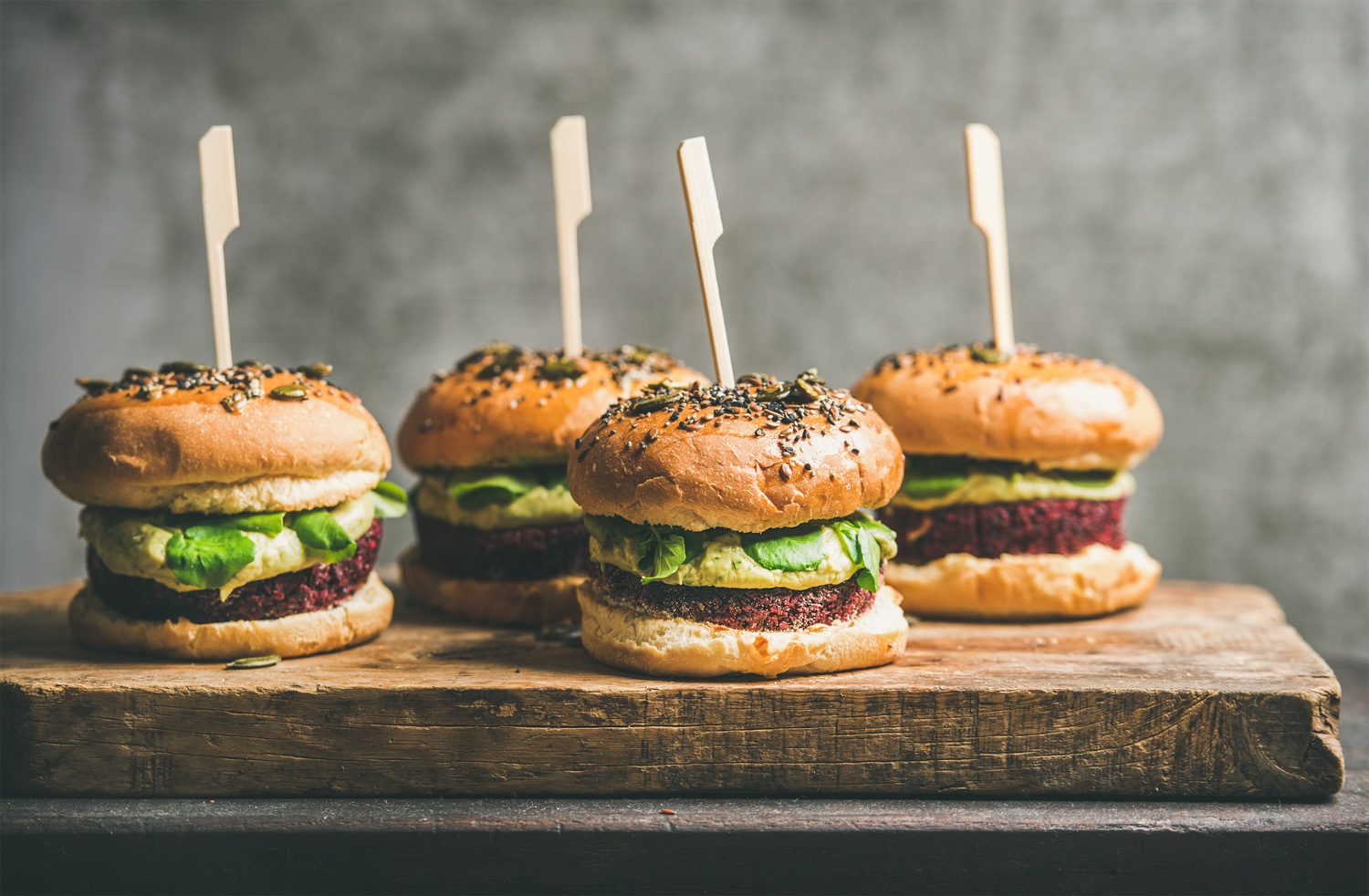
Is it safe to eat some of the ready-made vegan meat alternatives?
Vegan meat alternatives can be a great source of protein, are often fortified with other nutrients, they're satisfying, filling, familiar, and they can help many people stick to this diet for longer, giving you a greater chance to take in all of the diet's benefits in the long run. Some newer brands are making fantastic products. Start exploring and experimenting, and since you'll also be filling your plate with so many of the fresh fruits, vegetables, grains, legumes, and other staples of a vegan diet, there's no reason why you should stay away from these products. I include them in my diet when I'm craving something meaty, and I've also learned how to make many of these at home using veggies, grains, beans, etc., like the yummy breakfast sausages I teach you how to make in our free breakfast and brunch course and the many recipes you’ll find within our Youtube channel and online membership program and cooking classes.
We’ll continue on with 9 more frequently asked vegan questions in next week’s episode so stay tuned.
Have any more questions? No question is too simple or obvious to ask. I'm here for you so leave them below! Remember that vegan library I promised? Access it through this link:
CLICK HERE TO ACCESS OUR VEGAN RESOURCE LIBRARY
***If you're a member of any of our programs or courses, you can access it through your Library***
🧑🍳
You might also like...
Our Online Cooking School and Courses
Don't miss our weekly goodies!
Our best FREE content straight to your inbox

